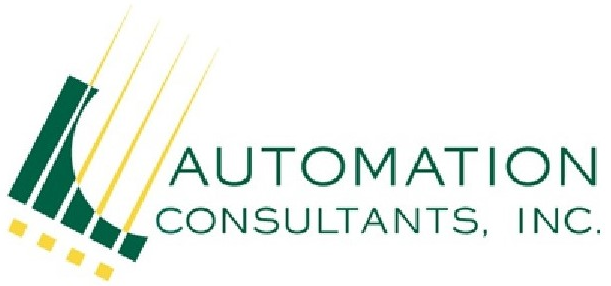Information quality is the pivotal issue for information systems. Without it we have the famous “garbage in, garbage out” (GIGO) scenario. While businesses and organizations (thankfully) can tolerate a degree of GIGO, like a leak in a boat, uncontrolled GIGO will sink you.Perhaps quality in general is the central issue for businesses and organizations; consider the 1980’s upheaval of the US automotive industry by Japanese quality-conscientiousness and myriad other examples. We believe that information quality in particular is key: How can you assess and improve other kinds of quality if your information is faulty? What is quality? “I don’t know, but I know it when I see it”, is the hackneyed answer. A more accurate reply might be, “I don’t know, but I know when I don’t see it.” Even a duck can see when something is wrong with the row. Here are some facts about information quality pertinent to a business’s or organization’s operations:
Those who convert business information from one computer system to another either start afresh or become painfully familiar with the term “data cleansing”. Plus, although they may learn through this process how prone computer information is to error, they may never learn how damaging these errors are to business operations and to the analyses that every business must conduct to improve itself. In contrast, the effects of good information quality are felt at every level of a business or organization, from marketing through analysis. A computer system makes it possible to analyze a huge amount of information and present it concisely for management decisions. When the information is good, this capability is extremely valuable to a business and to an organization. What can we do to improve information quality? Like freedom, it requires constant vigilance. It also demands a realistic and consistent effort. Here are four recommendations that we think are useful.1-Computer data should be generated and controlled by those individuals who benefit if the information is accurate and suffer if it isn’t. Normally, this is the original source. Examples are a customer or salesman entering a sales order and an employee entering the names of his wife and children. Oversight is required, of course, to guard against “operator error” and protect competing interests. 2-All possible software functions should be integrated to save time and avoid human transcription errors. Enter each piece of data only once … correctly. This is the benefit of Bar-Codes, QR-Codes, RFID, Electronic Data interchange (EDI), and Enterprise Resources Management (ERM) systems in general. 3-Information should be exposed to scrutiny and analysis at every opportunity. As information is used, the potential for error must be considered and errors corrected when found. Data merely collected, but not used, is always suspect. Data and the information it generates should be scrutinized by many people, especially accountants. Additionally, not only human errors, but also errors in processes as well as computer system errors must be detected and controlled. 4-The error rate of information should be carefully measured. There are two things worse than committing errors: Not measuring the error rate and, even worse, deliberately hiding errors. Measures and assessment criteria must be defined before the measurement process begins, as in science or an accounting audit. The best practice: Before gathering a particular kind of information, define ways to assess and assure its accuracy. Since there is no way to suddenly have perfect information, we need some place to start. Where could we improve information quality? Where would improvement bring the greatest benefit? In marketing materials? Prospecting? Sales information? Order processing? Material purchase? Project tracking? Business processes? Performance analysis? We need to establish a thread of priorities. A good place to start this process is to carefully define a business’s or organization’s objectives. As we know, the first attempts to improve any process must be followed by a sustained effort to continue. Continuous improvement is a widely accepted strategy, but exactly how we pursue our improvements depends on each individual case. There are as many variations as there are companies and organizations. This leads to a final point. How we address information quality, without stifling creativity and spending all of our resources on quality concerns, is important. Any cook knows that too much precision is a waste of time and spoils the broth. We don’t want to become sacrifices at the altar of Six-Sigma, Zero Defects, or Total Quality Management. Moderation is important and must be applied case-by-case.
Use this website to see how Automation Consultants can help you achieve better information quality. If you need to discuss your situation with an expert, please contact us; we will listen and make suggestions if you like. |
CLIENT CARE: 505 265 2374 |
In Affiliation With Velosio



